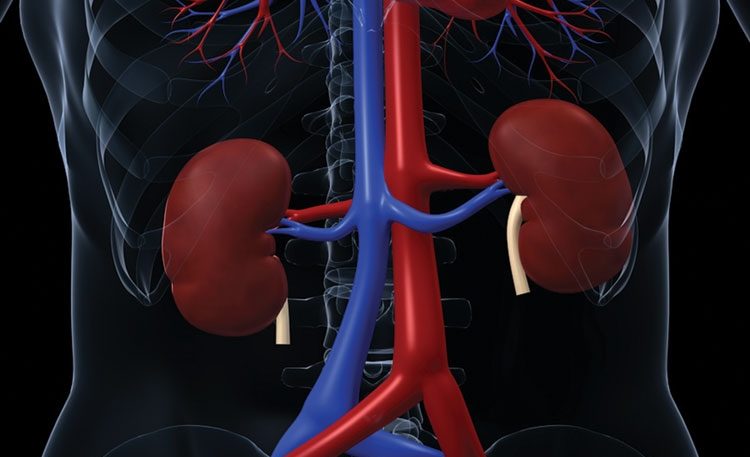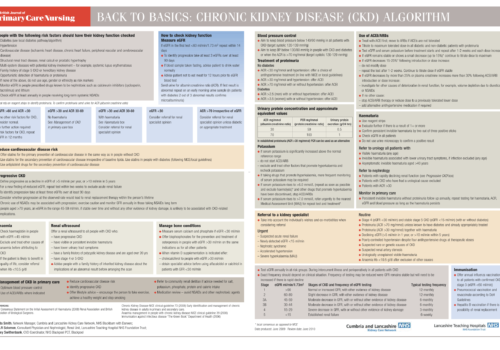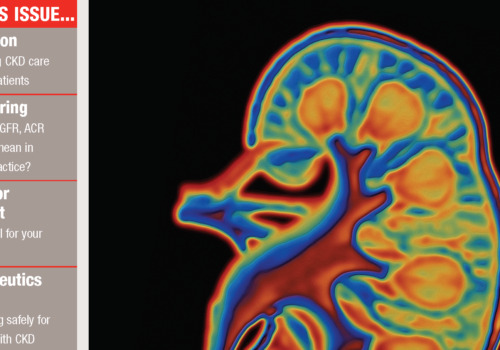Chronic kidney disease (CKD) affects renal drug elimination and other important processes involved in drug disposition, including absorption, drug distribution and non-renal clearance. As a result, the reduced renal excretion of a drug or its metabolites can cause toxicity and the sensitivity to some drugs is increased even if elimination is unimpaired.


























